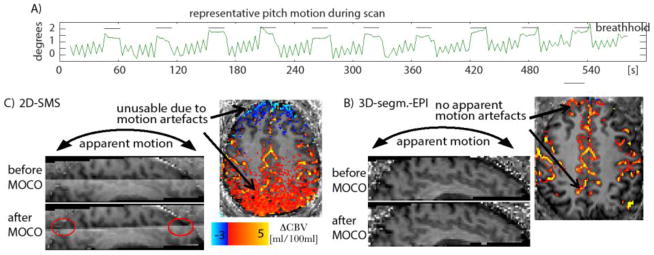Fig. 5. Susceptibility to task correlated head motion artefacts.
Fig. 5 (A) depicts the SPM motion parameter of pitch rotation across one representative 10 min Valsalva experiment. The vertical black bars represent the periodes of breathhold. Clear task correlated motion can be seen. The “sawtooth” pattern between breathholding periodes refers to TR locked paced breathing. Fig. (B) and (C) show the effect of head tilting in 2D-SMS VASO and 3D-segmented-EPI VASO. In 2D-SMS VASO, the different effective inversion time across slices results in different signal intensities. Hence, after retrospective motion correction (MOCO), this signal discontinuity is resampled into agacent slices (red ellypses). This results in task-correlated signal changes visible in the axial plane, rendering any CBV interpretation impossible. In 3D-segmented-EPI VASO on the other hand, the homogenious signal intensity allowes restrospective motion correction without such artefacts.

